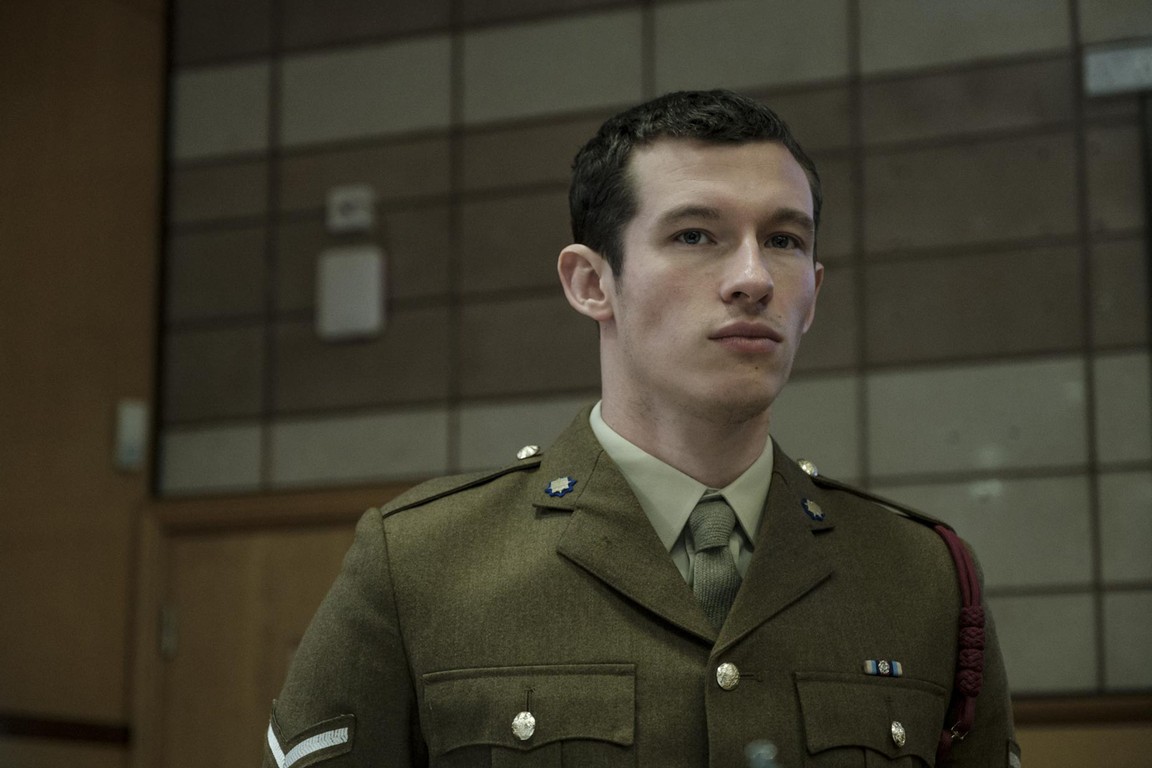Technology has made our lives a lot easier, but it has also opened us to new kinds of dangers. Surrounded by cameras on all sides, we have made ourselves vulnerable to constant surveillance, and rarely do we give it a second thought. If George Orwell’s works didn’t make you paranoid enough about it, then allow BBC’s ‘The Capture’ to add fuel to the fire.
This show follows the story of a man who is accused of kidnapping and murdering a woman. The act is caught on CCTV, and the video evidence is enough to convict him of the crime. The twist comes when he claims that he is innocent. The show keeps itself rooted in reality to extrapolate on the things that could happen. As we watch the events unfold, we are also forced to wonder if such a thing is possible in real life? Is ‘The Capture’ a real story? Let’s find out.
Is The Capture based on a true story?
No, ‘The Capture’ is not based on a true story. It is based on an original story by Ben Chanan, who also directs the show. The idea first came to him while working on a documentary about counter-terrorism, during which he had interviewed several people who had worked in intelligence. He played with the plot for a while and then created a fictional narrative that would allow him to underline the moral implications of the issue.
In the two years before the show premiered, he had thought of it as a “what if” drama, with BBC interpreting it as that of “heightened reality”. But in the making of the show, and in the current times, he has found it to be all the closer to reality than he had initially expected. “Barely a week goes by without a new warning about the potential horrors of facial recognition, deep-fakes or fake news. I had no idea our current era would turn out to be such a good fit,” he said in its introduction.
The idea of video manipulation and how important video evidence is in a trial held his attention. “I began to think what if you combined the idea that anything online can be hacked with the fact that video evidence is increasingly integral to our justice system? How if those two things came together, it could create a nightmare scenario,” he told The Guardian. He realized how closely the public had been placed under CCTV surveillance, with London being in the top ten of the most monitored cities in the world. The fact that people have come to live with it, without ever stopping to think how such a thing could, in the worst-case scenario, be turned against them. “What’s interesting is how easy it might be to abuse that comfort. Because if software can take somebody’s audio and sample it and make them say what we want, how can we ever entirely trust a police confession or any audio archive? If you then apply that to video evidence as well, what happens then?” he said.
In creating the story of such dark and paranoia-inducing nature, Chanan was inspired by the 70s thrillers like The Parallax View, Three Days of the Condor, and Capricorn One. It was their “overtly political and unashamedly risky” tone that made him push his story on the same path.
As for whether the Correction program is real, Chanan ensures that it is just the product of his imagination. (Not that we’d know what the government is secretly doing with all our data.) However, things like deep-fake, manipulating audio and video, and even tinkering with CCTV footage (though maybe not on the level as depicted in the show) is not an alien concept. We live in a world where fake news spreads like a wildfire, while no one seems interested in the truth. If it is so easy to convince people with some minor here and there of pictures and manipulation of facts, would it really be that difficult to introduce something like the Correction?
Read More: The Capture Ending, Explained

